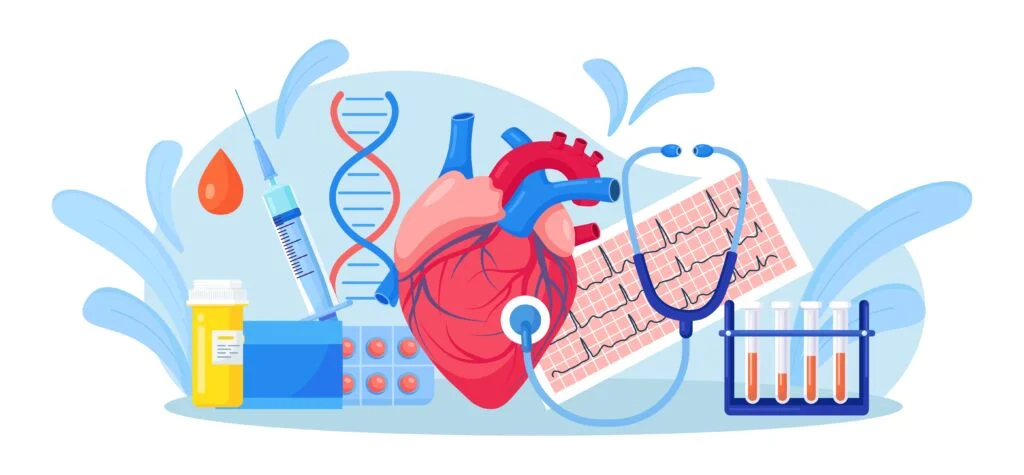Understanding Emotional Eating

Emotional eating, or eating in response to emotions rather than hunger, can sabotage your weight loss efforts.
In the intricate relationship between diet and emotions, emotional eating emerges as a significant factor that can thwart weight loss efforts. Unlike eating in response to hunger cues, emotional eating involves turning to food as a coping mechanism for managing emotions, whether it's stress, sadness, boredom, or even happiness. While it may provide temporary relief, emotional eating often leads to guilt, remorse, and sabotages long-term weight management goals. In this article, we delve into the phenomenon of emotional eating, exploring its triggers, consequences, and practical strategies for overcoming it to achieve lasting success in weight loss.
Understanding Emotional Eating
Emotional eating is characterized by the consumption of food in response to emotional triggers rather than physiological hunger. Common emotions that may prompt emotional eating include stress, anxiety, sadness, loneliness, boredom, and even happiness. Food becomes a source of comfort and distraction, offering temporary relief from uncomfortable emotions or situations. However, this coping mechanism often leads to overeating, particularly of high-calorie, palatable foods, which can sabotage weight loss efforts and contribute to a cycle of guilt and shame.
Triggers of Emotional Eating
Emotional eating can be triggered by various factors, including:
- Stress: Chronic stress triggers the release of cortisol, a hormone that increases appetite and cravings for high-calorie foods. Many individuals turn to comfort foods as a coping mechanism during times of stress, leading to emotional eating and weight gain.
- Negative Emotions: Feelings of sadness, loneliness, boredom, or frustration can trigger the desire to seek solace in food. Emotional eating provides a temporary distraction from unpleasant emotions but often exacerbates negative feelings in the long run.
- Environmental Cues: Environmental cues, such as seeing or smelling food, social gatherings, or watching television, can trigger cravings and prompt mindless eating behaviors, even in the absence of hunger.
Consequences of Emotional Eating
Emotional eating can have detrimental effects on both physical and emotional well-being:
- Weight Gain: Consuming excess calories through emotional eating can lead to weight gain over time, as these calories are often consumed mindlessly and without regard for hunger cues.
- Emotional Distress: Emotional eating may provide temporary relief from negative emotions but ultimately perpetuates a cycle of guilt, shame, and dissatisfaction with one's body and eating habits.
- Disordered Eating Patterns: Chronic emotional eating can contribute to the development of disordered eating patterns, such as binge eating disorder or compulsive overeating, which further exacerbate feelings of distress and perpetuate the cycle of emotional eating.
Strategies for Overcoming Emotional Eating
Overcoming emotional eating requires a multifaceted approach that addresses both the emotional triggers and underlying behaviors:
- Identify Triggers: Become aware of the emotional triggers that prompt your desire to eat. Keep a food diary to track your eating patterns and associated emotions, allowing you to identify patterns and triggers for emotional eating.
- Develop Coping Strategies: Instead of turning to food for comfort, explore alternative coping strategies for managing emotions, such as practicing mindfulness, deep breathing exercises, journaling, engaging in physical activity, or seeking support from friends or a therapist.
- Practice Mindful Eating: Cultivate mindfulness around eating by paying attention to hunger and fullness cues, eating slowly, and savoring each bite. Pause and check in with yourself before reaching for food, asking whether you're truly hungry or simply seeking comfort.
- Create a Supportive Environment: Surround yourself with a supportive environment that encourages healthy eating habits and provides alternatives to emotional eating. Stock your kitchen with nutritious foods, engage in physical activities you enjoy, and seek support from friends, family, or a support group.
- Seek Professional Help: If emotional eating persists despite your efforts to address it, consider seeking support from a registered dietitian, therapist, or counselor who specializes in disordered eating behaviors. Professional guidance can help you develop personalized strategies for overcoming emotional eating and achieving lasting success in weight management.
Emotional eating poses a significant challenge to weight loss efforts, often leading to overeating, weight gain, and emotional distress. By understanding the triggers and consequences of emotional eating and implementing practical strategies for overcoming it, you can break free from this cycle and cultivate a healthier relationship with food and emotions. By developing alternative coping mechanisms, practicing mindful eating, and seeking support when needed, you can empower yourself to overcome emotional eating and achieve long-term success in weight management and overall well-being.






